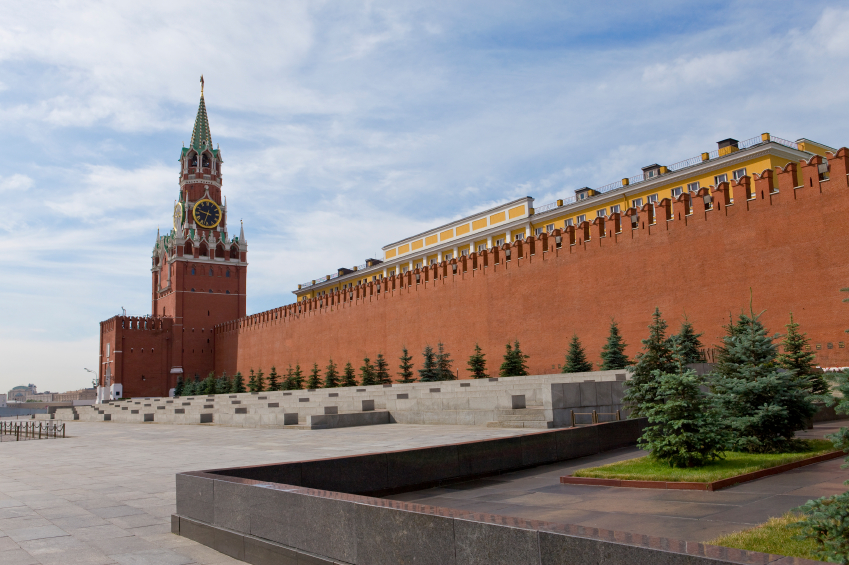
Was Stalin’s decision, made here in Moscow in October 1941, the turning point of the war?
What do you think was the turning point of WW2? One event, or one decision on which the whole conflict turned?
That was the question I asked the distinguished historians I interviewed for WW2History.com, and – you’ll not be surprised to hear – I got many different answers. But, significantly, the majority of them picked events from the Hitler/Stalin war. There does seem something of a consensus amongst historians now that this was the theatre of the war in which the fate of the whole conflict was decided – something we in Britain should remember as the Battle of Britain commemorations continue apace.
However, I didn’t agree with the majority decision of the historians I talked to – which was that the battle of Stalingrad marked the turning point of the war. In my view, by the time of the Soviet victory at Stalingrad in February 1943 the war was already lost for the Germans. I place the crucial moment much earlier. In fact, I believe I know the exact date on which the war – if not the whole history of the Twentieth Century – turned. It was Thursday, 16 October 1941.
This was the day on which Joseph Stalin was supposed to flee Moscow in his armoured train and seek refuge hundreds of miles further east, at Kuibyshev on the Volga. The Germans were fast approaching and it looked as if the Soviet capital was about to fall. Key members of Stalin’s staff, including his personal telegraphist Nikolay Ponomariov, had packed up all they could from the Kremlin and now sat waiting at Moscow station for Stalin’s train to leave.
I remember Nikolay Ponomariov, who I met ten years ago, recalling how desperate the situation was. He fully expected to have to flee Moscow with his boss. But then, suddenly, Stalin did something extraordinary. He decided not to board his armoured train but to stay and fight the Germans back from Moscow. In contemporary political parlance, he had decided to ‘tough it out’.
In my view it is impossible to over-estimate the consequences of this decision. I’ve met many Muscovites, for instance, who see the fact that Stalin stayed on with them as utterly decisive. Men like Vladimir Ogryzko, a commander in one of the NKVD units charged with suppressing panic in Moscow in October 1941. ‘Stalin did well,’ he said. ‘For all his deep seated shortcomings… Stalin will be very positively remembered in history. A strong man was required. They used fear to crush fear.’
Stalin proved to be the ultimate ‘strong man’ in October 1941 – an image he could never have portrayed to the Soviet people had he scuttled away to safety on the Volga. And I certainly believe that if Stalin had left Moscow at this crucial point in the war then the Soviet capital would have fallen to the Germans. And with Moscow in German hands, the Soviets would – I think – have made a humiliating peace with Hitler. There was a precedent for this in the treaty of Brest-Litovsk in 1918 when Lenin had given up huge areas of the embryo Soviet Union to the Germans in exchange for a swift exit from the war.
And with the Soviet Union out of the conflict, how could the Western Allies have dislodged the Germans from Western Europe without the use of nuclear weapons? Surely, if Stalin had made a different decision on that cold Thursday in October 1941, all our lives would have been very different.
 Twitter
Twitter






The turning point of the war has to be the Battle of Britain. If we hadn’t held the Germans then the war would have been over.
I am puzzled at Catweazle’s comment. At first I thought it was parochial, but he might just have a point. With no UK there would have been German mastery of the seas, complete domination of North Africa and the Middle East (oil galore), no bombing of the Reich, and a frontier with the USSR in the Caucasus. Quite daunting!
@Catweazle
Hitler never had a desire than ran deep to invade Britain. His war was more towards the East. It was inevitable that the British would win the Battle of Britain – as to have won with the force that Hitler used, every Supermarine Spitfire and Hawker Hurricane would’ve had to have been shot down at a rate of 7:1 by Messerschmidt 109 & 110s. Although the Battle of Britain was significant and forced Hitler to postpone Operation SeaLion, it is still unlikely that Hitler’s amphibious landing would’ve been a success (hence, even if Hitler had been the victor over the war in the air – it does not definitively suggest that the war would’ve ended).
The crucial turning point in the war was the fact that Britain received greater allied support – crucially in the USSR and USA.
Both provided troops, but the USA effectively ended the war on attrition and the USSR opened up a second front in the East dividing the Axis forces.